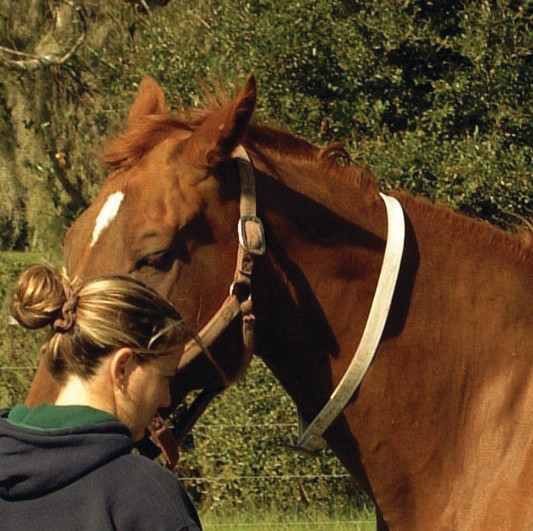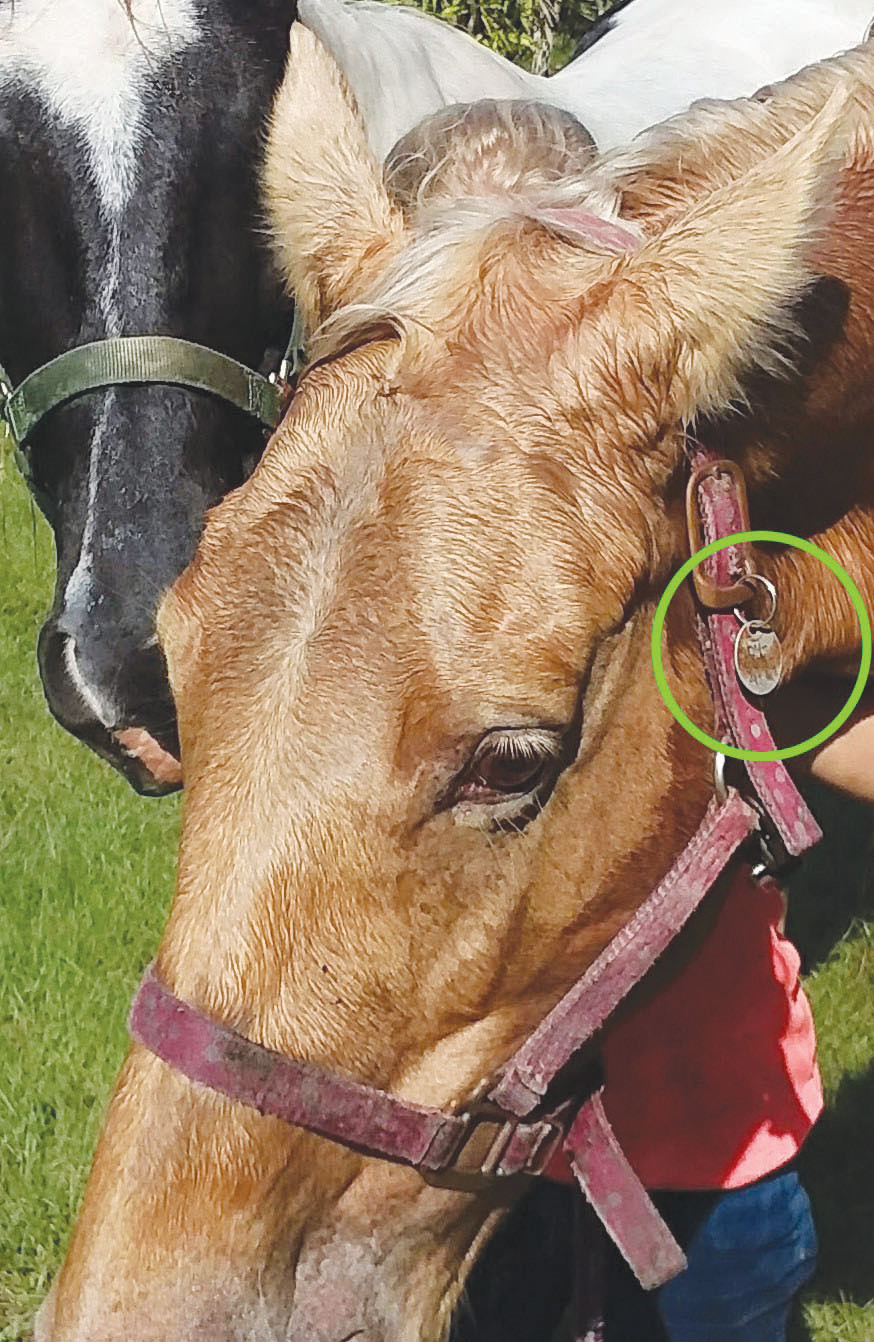Storm preparedness for horses, livestock Part 2: Leaving them home or transporting your animals
In our recent article, Storm preparedness for horses, livestock, Part 1: Identifying your animals, I talked about making sure you properly identify your animals when preparing for a storm. Now that we know how to identify them, the decision must be made to either leave the animals on the premises or relocate them. Dogs and cats tend to be easier to just pick up and take with you when evacuating, but what about those larger animals. Hotels frown upon horses taking shelter in their rooms.
As I was reading an article from the American Association of Equine Practitioners, they reported that most livestock/horses perish during storms from collapsed barns and electrocution. Animals have a natural instinct when it comes to surviving especially during storms. We know this to be true throughout history but more so now when we read about horses such as the Wild horses of Corolla and how biologist explain their survival. While they have a great instinct, it is our duty to make sure we are setting them up to survive. Below are a few tips to help you if your livestock and horses are remaining on premises or if you are traveling with them:
Horses and livestock remaining on premises:
Many people are unable to transport their animals to a safer location. The following are points to consider if an animal(s) must stay on the premises.
• Properly identifying the animal.
• Clear premises of debris and any objects that can become projectiles during the storm.
• Don’t leave your animals in pastures with power lines.
• Ensure animal is not hindered by restraints or left in barns or buildings – animals will take care of themselves if they are able to move to avoid danger.
• Check perimeter fence lines and gates for breaks or weak points.
• Provide ample water supply so the animal does not go searching, large animals require a lot of water. Don’t assume because it’s raining, they will have enough quality water to drink.
• Provide feed and hay, plan some type of feed for a minimum of three days.
Relocating horses and livestock in preparation for hurricane:
People relocating animals to shelters need to consider the following when traveling with large animals.
• Properly identifying the animal.
• Bring copies of updated vaccination and medical records.
• Water and feed supplies while transporting, depending on the distance.
• Water and feed supplies while in the shelter, a minimum of three days’ worth.
• Medical supplies for animal during and after transport.
• Vehicle/trailer source and reliability.
• Know the current policies regarding movement of animals into and out of state/county/farm as changes can occurs during times of emergency.
• Timing of transport – don’t wait until the last minute.
As I said above, during hurricanes if you are planning to transport your animal be aware of the Florida policies for the transportation of animals both intrastate as well as interstate.
For more information about preparing your animals during emergencies situations contact your local extension office (904) 284-6355.











